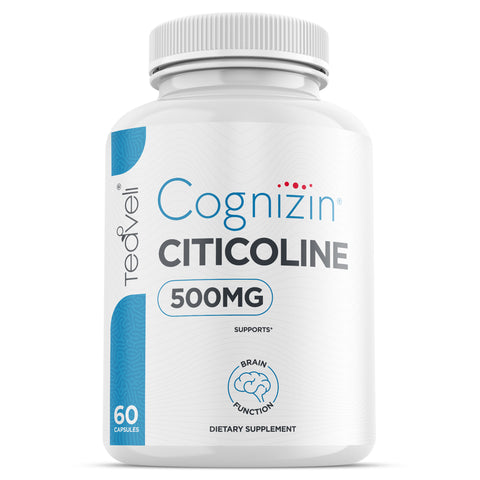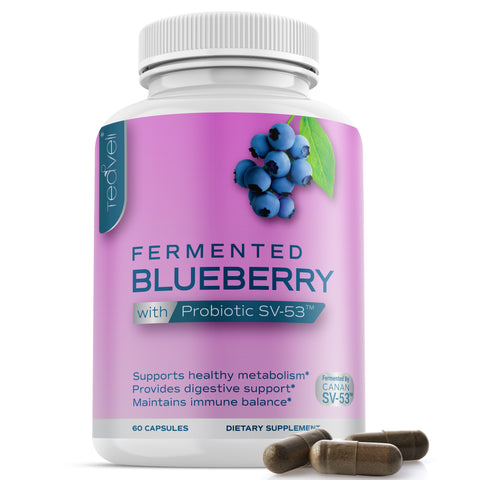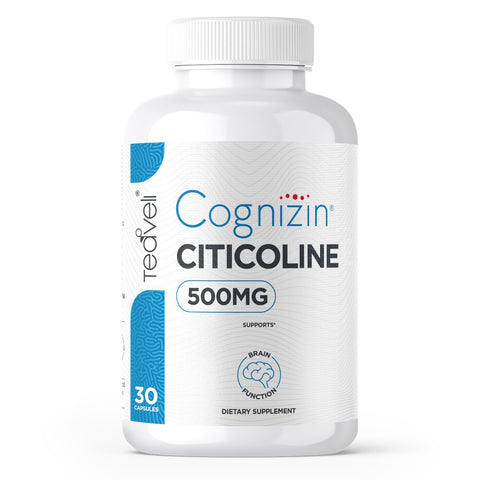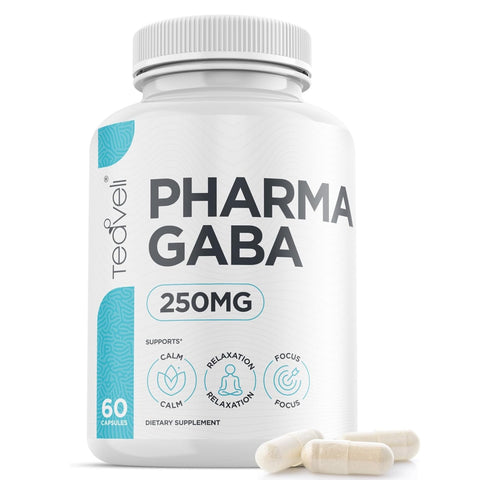Can Spirulina and Chlorella Be Taken Together?
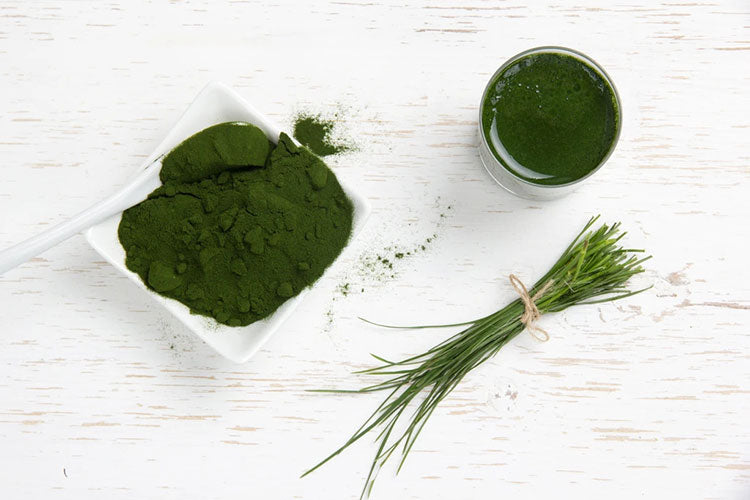
Algae like Chlorella and Spirulina have been gaining popularity in the supplement industry. This article compares and contrasts Chlorella with Spirulina, determining which is the healthier option.
Two of the most popular algae supplements on the market have been battling for the green supplement spotlight -- Chlorella and Spirulina.
Both boast impressive nutritional profiles and health benefits, but few understand their unique differences. For example, Chlorella is higher in fat and calories while Spirulina contains lower levels of omega-3 fatty acids.
Let’s dive deeper into the unique benefits of each… and discover if Chlorella is better than Spirulina or vice versa...
Benefit of Spirulina Algae
Spirulina, loaded with various nutrients and antioxidants, grows in both fresh and salt water. It is among the world’s most popular brain and body-boosting supplements. This is, in part, due to its origins of cyanobacteria, a family of single-celled microbes more commonly known as blue-green algae.
This cyanobacteria feed off the energy of the sun via photosynthesis and has even been touted to be able to grow in space for use by astronauts. A single tablespoon (7 grams) of dried Spirulina powder contains:
- 4 grams of Protein
- 11% of the RDA for Vitamin B1, also known as thiamine
- 15% of the RDA for Vitamin B2, also known as riboflavin
- 4% of the RDA for Vitamin B3, also known as niacin
- 21% of the RDA for the mineral Copper
- 11% of the RDA for the mineral Iron
Spirulina tablets or powder supplements also contain decent amounts of magnesium, potassium and manganese. These seemingly small nutrients are needed fro several bodily functions and are crucial to maintaining peak health.
In addition, the same amount of Spirulina holds only 20 calories and 1.7 grams of digestible carbs. Talk about a nutritionally-dense supplement!
The main active component of Spirulina is called phycocyanin, an antioxidant substance that gives Spirulina its unique blue-green color. Phycocyanin fights free radicals by inhibiting the production of inflammation-signaling molecules.This allows Spirulina to provide impressive antioxidant and anti-inflammatory effects to those who consume it. These same antioxidant properties can help athletes, or physically active individuals, minimize free radical damage.

Free radicals are highly reactive and unstable molecules created naturally in the body as a consequence of metabolism (oxidation) or as a result of exposure to toxins in the environment such as tobacco smoke and UV light.
By minimizing this damage, Spirulina appears to improve muscle strength and endurance. In two different studies, Spirulina enhanced endurance and significantly increased the time it took for people to become fatigued.
Benefits of Chlorella
This nutrient-dense algae is also a single-celled green algae, however, it primarily grows in freshwaters as opposed to Spirulina. As a health supplement, Chlorella has been receiving a lot of buzz as it has shown promise in improving cholesterol levels and ridding the body of toxins.
Because chlorella has a hard cell wall that humans cannot digest, it must be taken as a supplement in either tablet, powder, or capsule form to reap its benefits.
Some have dubbed chlorella a "super food" because of its amazing nutritional profile. While the specific nutrient content varies according on growth conditions, species employed, and supplement processing, it's evident that it contains a number of important nutrients.
Protein: Chlorella has 50–60% protein. It's also a complete protein source, which means it has all nine essential amino acids.
Iron and vitamin C: Chlorella is an excellent iron source. Depending on the supplement, you could get anywhere from 6–40% of your daily requirement. It's also high in vitamin C, which aids in the absorption of iron.
Other vitamins and minerals: Small levels of magnesium, zinc, copper, potassium, calcium, folic acid, and other B vitamins are found in chlorella.
Omega-3s: Chlorella, like other algae, includes omega-3 fatty acids. 100 mg of omega-3s are found in just 3 grams of chlorella.
Fiber: Chlorella can be a good source of fiber when consumed in high quantities. Most supplements, on the other hand, do not include even 1 gram of fiber per dose.
On top of these profound nutritional benefits, chlorella has been found to enhance the immune response in both animal and human studies. Antibodies, for example, help the body fight foreign invaders. And in one small study, men produced more antibodies when taking chlorella than when they took a placebo.
In one study, Chlorella supplements were found to help promote heart and kidney health, which is essential for normal blood pressure. For 12 weeks, patients with mildly elevated blood pressure were given four grams of Chlorella daily. By the end of the study, these people had lower blood pressure measurements than the placebo group.

In regards to aerobic endurance and athletic performance, only one study has looked at chlorella’s effect but it showed a positive effect. Researchers gave a group of young adults six grams of chlorella or a placebo daily for four weeks.
The Chlorella group had a considerably enhanced ability to saturate their lungs with oxygen at the end of the research, which is a measure of endurance. There were no changes in endurance in the placebo group. This impact could be related to chlorella's high amount of branched-chain amino acids.
Branched-chain amino acids are a collection of three amino acids that have been found to improve aerobic performance in various studies.
Can you take Chlorella and Spirulina together?
With such tremendous health benefits, many wonder if one algae supplement is more beneficial than the other. Research suggests that both have impressive nutrient profiles and potential health benefits, such as supporting heart health and balanced sugar levels already within normal range.
Both offer their own unique benefits. One isn’t necessarily better than the other. In fact, certain studies have shown supplementation with Spirulina and Chlorella together could provide the health benefits we seek.
The appropriate dosage of Spirulina and Chlorella for you depends on factors including your age, gender, and medical history. Speak to your healthcare provider to get personalized advice.
Does it matter which brand I buy?
It does not matter which brand you buy as long as you know for sure that the brand is safe and transparently lists all the ingredients on its labels. According to a 2017 study, 50% of supplements analysed by researchers had hidden ingredients that might actually harm health. At Teaveli, not only do we transparently list all the ingredients on the label, we also regularly test our products for heavy metals and micro-organisms at third party labs. Click here to learn about our transparent practices and click here to learn more about our Spirulina Chlorella capsules.


